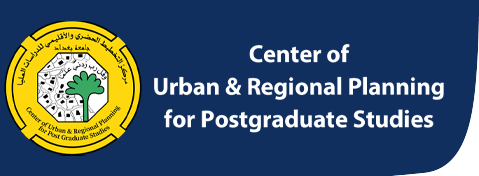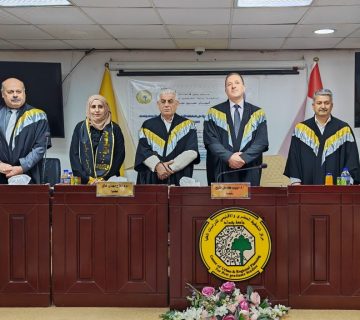Dr. Zahraa Salem, a lecturer at the Center of Urban and Regional Planning for Postgraduate Studies at the University of Baghdad, participated in the Ninth International Scientific Conference on the Arbaeen Pilgrimage, held at the Holy Shrine of Imam Hussein (peace be upon him). Her research, titled “Civil Liability Resulting from Damages During the Arbaeen Pilgrimage,” was attended by a large crowd of professors, academics, religious scholars, and guests from various Arab countries.
The research aimed to define the legal framework for civil liability in Iraqi law, clarify its foundations in light of legislative texts, and analyze the types of damages that may occur during the Arbaeen Pilgrimage, whether material, physical, environmental, or societal. It linked this to the principle of civil liability, clarifying the potential parties to bear responsibility, such as pilgrims, processions, and others. The research also examined the experiences of other countries experiencing similar mass religious occasions, to draw useful lessons and effective regulatory mechanisms, and subsequently propose legal solutions that can be utilized in organizing the Arbaeen Pilgrimage.
Sabry concluded that liability for damages during the Arbaeen pilgrimage is based on three pillars: presumed negligent error that cannot be proven otherwise, presumed negligent damage that cannot be proven otherwise, and a firm causal relationship between them. Therefore, the study recommended the need to launch legal awareness campaigns targeting pilgrims and procession organizers regarding their legal duties, along with the establishment of local arbitration committees between pilgrims and those affected, as an alternative to lawsuits that require a great deal of effort and time, in addition to the establishment of a government fund to compensate those affected by accidents during the Arbaeen pilgrimage.











